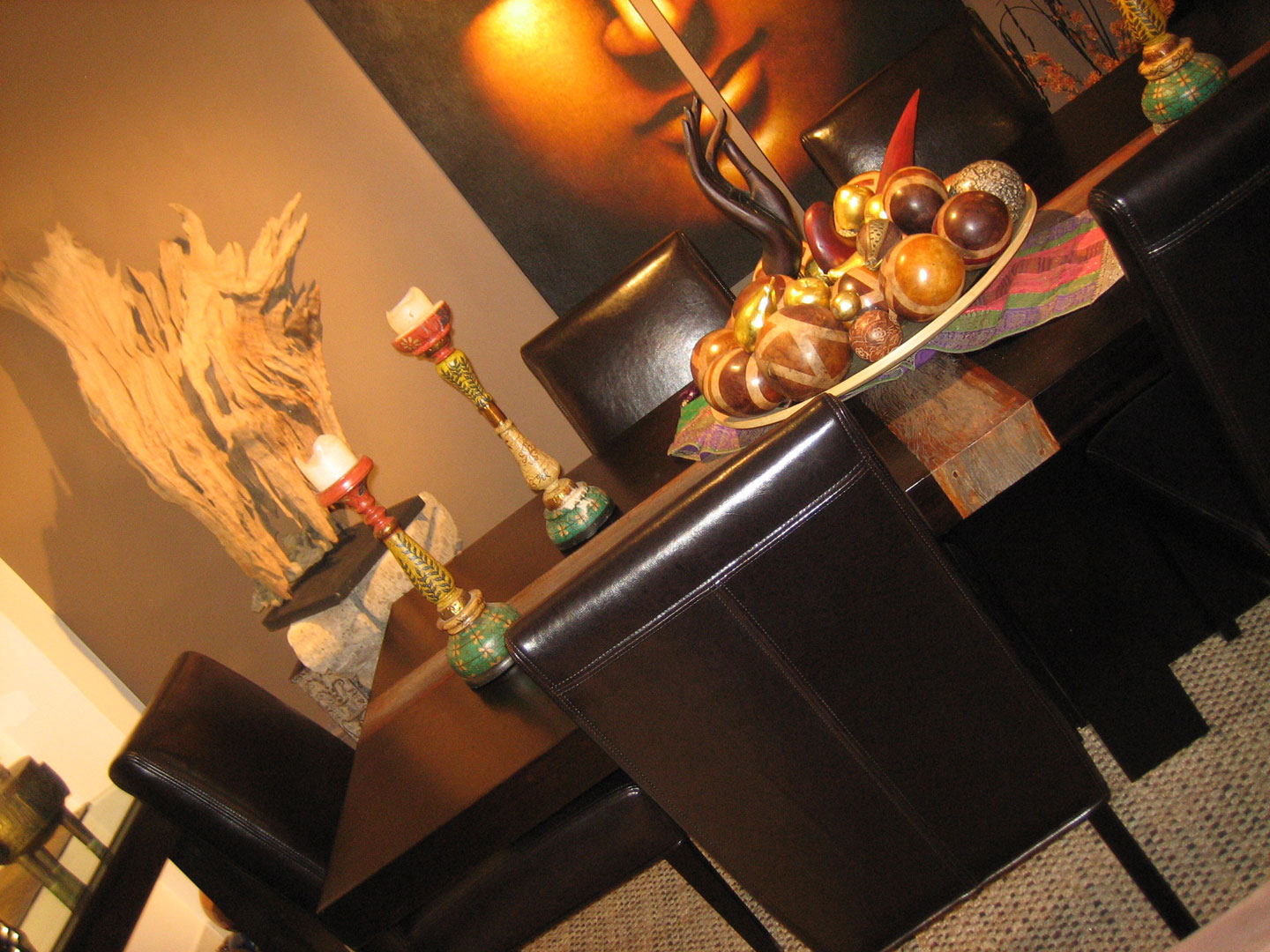Feng Shui (wind and water) it is the art that has been practiced in China for over 3000 years. This ancient art is also considered the science that studies our surroundings contemplating them as a living whole, ever changing and completely interconnected.
We live in spaces that greatly determine who we are, streets, buildings, landscapes and even furniture are related to us. They are all dynamic in ways our actions and invite us to experience the variety in our world.
This philosophy gives us the instruments of design and establishes in the study and analysis of space to provide better conditions in our living environments, and to improve quality of life. It encourages a balance between technology and nature.
Feng Shui today
Hong Kong is one of the richest cities in the world, and it was created under de principles of Feng Shui, giving the east its economic growth.
In America the use of this ancestral instrument is gaining popularity, because it is used to create and impact our spaces, increasing productivity and improving our life conditions. Its rising popularity is due to the extraordinary aesthetic results that emerge from the use of this practice.
"Clay is fashioned into vessels; but it is on their empty hollowness that their use depends. The door and windows are cut out from the walls to form an apartment; but it is on the empty space that its use depends. Therefore, whatever has being is profitable, but what does not have being can be put to use."
Lao Tse
At Arteko, we intergrate in the principles of Feng Shui; we apply it to our projects, giving to the concept of architecture a sense of energetic flow. These principles also provide vitality generated through form, color, texture and material.
If you are interested in attending one of our seminars, contact us by email or phone. Tailored seminars are also available upon request.
Below we summarize the topics that will be discussed in our seminars:
Feng Shui Seminar
Increasing quality of life and productivity through the design of our space
Introduction and History-Foundation
Feng Shui as a philosophy and designing instrument
Basic principles of Feng Shui
The space and energetic flow
The ying and yang of design
The art of location
The elements of our surroundings
The personality of space through the elements
- Emotional space
- Mental space
- Spiritual space
- Intuitive space
- Physical space
The plane of situational water
The nine quadrants of location in residential, commercial, industrial and cultural spaces.
- 1st quadrant: Prosperity
- 2nd quadrant: Fame
- 3rd quadrant: Relationships

